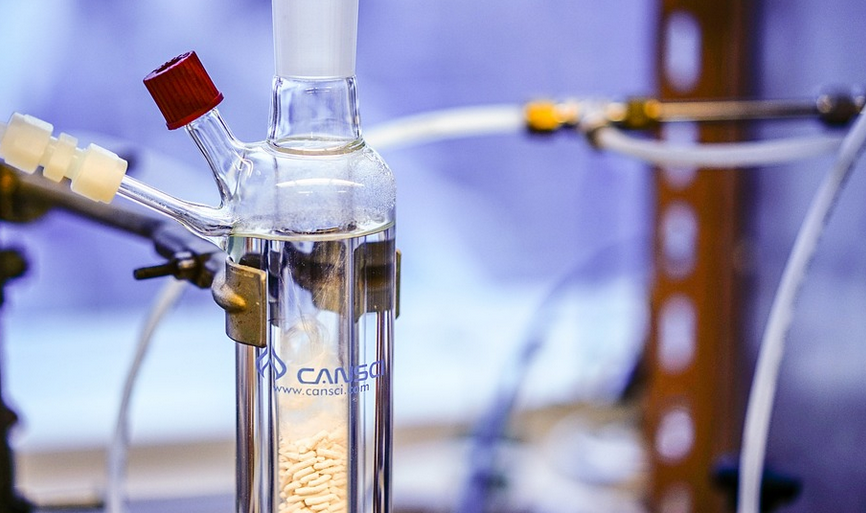Introduction
Chlorthalidone is a diuretic medication that is commonly used to treat high blood pressure. It works by reducing the amount of salt and water in the body, which can help to lower blood pressure. However, there has been some concern that chlorthalidone may also lower potassium levels in the body. In this article, we will explore the question of whether or not chlorthalidone lowers potassium.
What is Chlorthalidone?
Chlorthalidone is a medication that belongs to the thiazide diuretic class of drugs. It is commonly prescribed to treat high blood pressure, edema, and congestive heart failure. Chlorthalidone works by reducing the amount of sodium and water in the body, which can help to decrease blood pressure.
Does Chlorthalidone Lower Potassium?
One of the potential side effects of chlorthalidone is a decrease in potassium levels in the body. Potassium is an important mineral that is necessary for many bodily functions, including muscle and nerve function. Low potassium levels can cause a variety of symptoms, including weakness, fatigue, and muscle cramps.
Studies on Chlorthalidone and Potassium Levels
There have been several studies conducted on the effects of chlorthalidone on potassium levels in the body. One study found that chlorthalidone was associated with a significant decrease in potassium levels in patients with high blood pressure. Another study found that chlorthalidone was associated with a higher risk of hypokalemia, or low potassium levels, compared to other diuretic medications.
Managing Potassium Levels While Taking Chlorthalidone
If you are taking chlorthalidone, it is important to monitor your potassium levels regularly. Your doctor may recommend that you have regular blood tests to check your potassium levels. If your potassium levels become too low, your doctor may recommend that you take a potassium supplement or switch to a different medication.
Conclusion
In conclusion, chlorthalidone is a medication that is commonly used to treat high blood pressure. However, it can also lower potassium levels in the body, which can cause a variety of symptoms. If you are taking chlorthalidone, it is important to monitor your potassium levels regularly and talk to your doctor about any concerns you may have.

